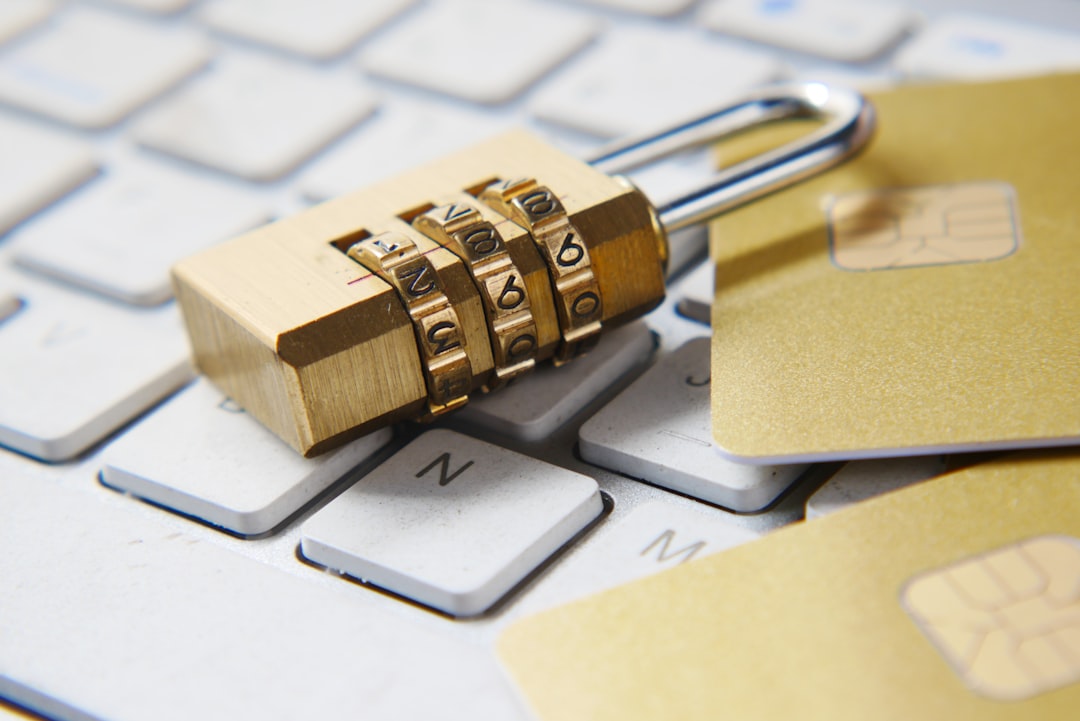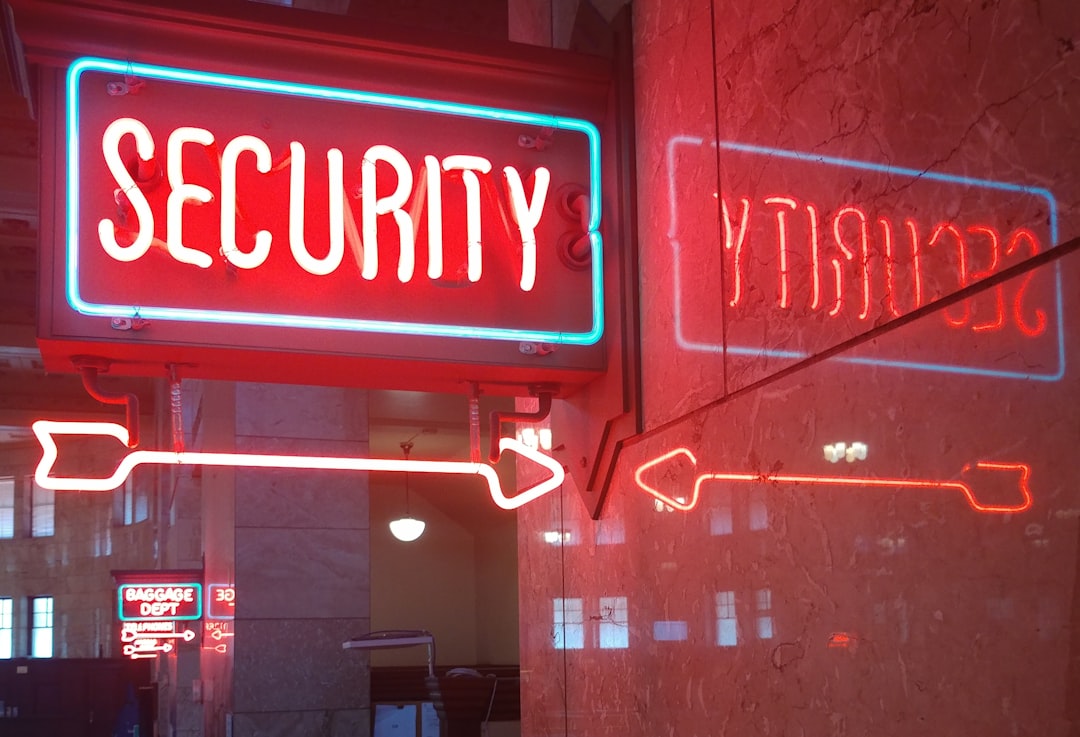When it comes to safeguarding your digital identity, choosing a strong password is one of the simplest yet most effective strategies. Still, far too many people rely on easy-to-guess combinations like “123456”, “password”, and yes — “ABC”. Though it might seem harmless or convenient, using such predictable passwords can have serious consequences.
TLDR: Using “ABC” as a password is risky because it’s unimaginably easy to crack. Hackers use common patterns like this in brute-force attacks and dictionary hacking methods. If you want to keep your online accounts secure, you need something much more complex. Simple passwords could cost you your privacy, finances, or even your identity.
Why “ABC” is One of the Worst Passwords You Can Choose
In terms of password security, “ABC” ranks among the worst choices out there. It’s a basic sequential pattern, instantly identifiable, and frequently included in the first few entries of most hacking tools’ dictionaries. Hackers don’t even have to try hard — it’s like leaving your front door wide open and wondering why someone walked in.
Common Doesn’t Mean Safe
Some people think that because a password like “ABC” is so obvious, no one would suspect it. Unfortunately, that logic is dangerously flawed. Password-cracking tools start with the most common patterns first, and “ABC” usually tops that list.
According to multiple cybersecurity studies and password breach data sets, “ABC” — whether used alone or in combinations like “abc123” or “abcdef” — appears in millions of leaked password databases. If it’s listed in these datasets, it means hackers already have access to it and can use that knowledge to compromise accounts quickly.
How Hackers Exploit Weak Passwords
There are various techniques that cybercriminals use to break into accounts, but they all benefit from poor password practices. Here’s how:
- Dictionary Attacks: These attacks use pre-compiled lists of common passwords. “ABC” always ranks high in these lists, making it one of the first attempts during a breach.
- Brute Force Attacks: In this method, the hacker tries every possible combination, starting with the simplest. A short and easy password like “ABC” requires little time or computing power to crack.
- Credential Stuffing: When passwords are stolen in data breaches, attackers reuse them across multiple platforms. If “ABC” was your password on one site, hackers might try it everywhere else too.

The Psychology Behind Using “ABC”
People choose “ABC” for a few understandable but risky reasons. Let’s break it down:
- It’s Easy to Remember: Simplicity is a double-edged sword. Easy to remember often means easy to guess.
- It Feels Harmless: Since “ABC” is so basic, users might assume nobody would bother trying it — but the truth is the opposite.
- Habit or Laziness: Sometimes, passwords like these are used temporarily and never changed. Unfortunately, attackers count on these habits continuing.
While convenience is important, it should never come at the cost of security — especially when the stakes are so high. Whether it’s your email, bank account, or even social media, once someone gains access, they can cause extensive damage.
The Real-World Impact of Weak Passwords
You might be wondering: can a simple password really lead to significant problems? The answer is a resounding yes. Here’s what could happen:
- Identity Theft: Hackers could steal your personal information and use it to apply for loans, credit cards, or government benefits in your name.
- Financial Loss: If criminals gain access to payment apps or online banking, the monetary damage can be devastating.
- Reputational Damage: Someone gaining control over your email or social media can impersonate you, damaging relationships or your professional image.
- Loss of Access: Once a hacker changes your password, recovering that account can be a painful and sometimes impossible process.
What Makes a Strong Password?
Now that we’ve covered why “ABC” is a terrible choice, let’s look at what a good password should have. A strong password is:
- Long: At least 12 characters is a good rule of thumb.
- Complex: It includes upper and lowercase letters, numbers, and symbols.
- Unpredictable: No names, birthdays, or common phrases.
- Unique: Never reused across multiple accounts.
Here are a couple of examples of strong passwords:
- s9A$3zrL!vQd
- mY&p2c#W8rNq
Or consider using a passphrase, like:
- ThreeElephantsJump#Blue42
Use a Password Manager
Let’s be honest — memorizing 20 different complex passwords is a challenge. That’s where password managers come in. These tools store and encrypt your credentials, allowing you to use strong and unique passwords without the headache of remembering each one. Some even auto-fill login forms and remind you when to update weak or reused passwords.
Additional Tips for Staying Secure Online
Strong passwords are essential, but they’re only one part of the puzzle. Here’s what else you can do to protect yourself:
- Enable Two-Factor Authentication (2FA): Even if someone learns your password, 2FA adds an extra barrier.
- Update Your Passwords Regularly: Set reminders to change them every few months.
- Don’t Share Passwords: Even with people you trust — security is personal.
- Watch Out for Phishing: Don’t click suspicious links or provide details via email or unsecured websites.
Cybersecurity should be proactive, not reactive. Taking a few basic steps today can save you a world of trouble tomorrow.
In Summary: Don’t Use “ABC”
Choosing “ABC” as your password is like locking your home with a plastic key — it provides a false sense of security while leaving you wide open to intrusion. Whether it’s out of convenience, carelessness, or simply not knowing better, the use of weak passwords is still one of the leading causes of online breaches.
Your digital life — including your finances, communication, and sensitive personal data — deserves better protection. Take the time to secure it properly. Use strong, unique passwords, employ a password manager, and be mindful of best practices going forward. Your future self will thank you.




